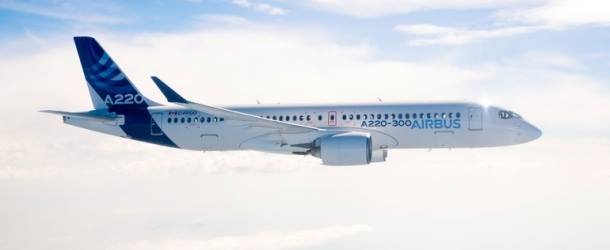Could quantum computing clean up the ongoing air travel mess?

For thousands of people, the holiday season of 2022 will be remembered for where they didn’t get to go, what they didn’t get to do, and who they didn’t get to see. That’s mostly because a massive winter storm crippled air travel for days, but also because it is taking many days more for air travel to return to some sense of normalcy. It is not just a weather catastrophe, but also an operational failure.
The worst example of that failure by far is Southwest Airlines, which itself canceled thousands of flights in recent days, left customers unable to reschedule travel and often on hold for hours, and days after the worst weather passed has appeared unable to get many flight crews, planes, and flyers back on the same page.
Could quantum computing have helped prevent this from happening, or could it help to keep it from happening again?
“Airline scheduling is, in effect, a huge non-linear algorithm,” said Lawrence Gasman, Founder and President of IQT Research. “The variables are staffing (and the correct staffing), airspace availability, runway availability, plane availability, hotels, and many more factors. Because the algorithm is non-linear small changes in the variables make a huge difference and catastrophic changes make a catastrophic difference.”
Gasman’s comment echoes observations from a research report that IBM released almost three years ago – “Exploring quantum computing use cases for airlines.” In that report, IBM researchers stated that airlines typically work to untangle massive operational disruptions by “using sub-optimal algorithms on classical computers. Due to the limitations of current computers, each specific element, such as crew, slots, and equipment, is managed in a sequential and siloed manner. System-wide recovery can take a week or more, threatening passenger satisfaction. Second-order effects on other flights and airports can cost an airline up to USD 500 million annually.”
Those comments sound eerily like what Southwest Airlines is facing now, and because such challenges have been apparent for some time, IBM and other quantum computing companies have viewed logistics and airline scheduling optimization as near-term potential use cases for quantum computing and hybrid quantum-classical simulation projects. Among other efforts, IBM itself announced a partnership with Delta Airlines back in 2020 to explore these challenges and other quantum use cases. Delta also joined the IBM quantum network.
IBM researchers speculated in their 2020 report that quantum algorithms potentially could be used to “improve the accuracy and speed of scenario simulations that quantify the impact of potential solutions on future flights and passengers. And do it in time to respond quickly to a disruption” similar to how they have been used to make the best choices in Monte Carlo simulations used in banking and finance.
IBM researchers also suggested that quantum could “provide a simulation tool to operation control center analysts so they can proactively test scenarios before a major event that may disrupt operations, such as air traffic control or crew work stoppages or aircraft delivery delays” in an integrated way rather than trying to solve each issue separately.
Researchers also speculated that quantum computing could help airlines in dealing with the customer service crisis that inevitably comes with massive flight disruptions. That stated that “a quantum computing algorithm could advise agents on how to best compensate each specific customer whose travels have been disrupted based on their personal preferences for cash, accommodations, upgrades, or other amenities. Imagine how your customer satisfaction might improve if you could do this today.”
Unfortunately, a lot of what quantum computing potentially can do just is not feasible today. While IBM and other quantum firms–Quantum-South, Boeing, and Airbus, to name a few–have made progress in their research and experiments related to airline use cases, and have shown how scheduling optimization with many complex variables in play could work, airlines today, like many companies in many industries, do not have quantum computers ready and waiting to address these problems.
As Gasman noted, “A quantum computer would most probably do a great job on this, but are there enough circumstances where it would be used to justify the expense?”
That will be a key thing for quantum computing firms to keep in mind: As they continue to showcase the capabilities and value of quantum computing in experiments, the technology still needs to mature, and so does the business case of ongoing real-world deployment and usage for organizations such as airlines.
Dan O’Shea has covered telecommunications and related topics including semiconductors, sensors, retail systems, digital payments and quantum computing/technology for over 25 years.



















